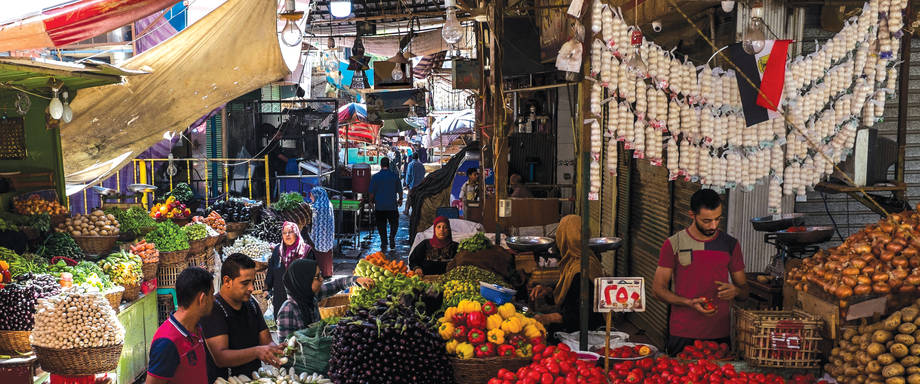About Urban Food Agenda

By 2050, two-thirds of the global population is forecast to live in urban areas. If managed well, urbanization can be a positive force for change: it can help ensure food security and good nutrition for all, healthy urban environments and foster territorial development and job creation. However, there are signs that the exponential growth of towns and cities is leading to growth in slum areas and rising rates of food insecurity and malnutrition, including alarming levels of obesity.
Urban food systems often do not deliver adequate and nutritious food for all. They can also be the cause of environmental damage and exploitation of the most vulnerable. FAO’s Urban Food Action programme aims to transform urban food systems to make them more sustainable and improve nutrition by working with sub-national and local governments.
In partnership with UN agencies, international and local stakeholders, the programme aims to break down the rural-urban divide and promote sustainable food-system thinking. The programme supports policy design and planning through effective food governance mechanisms that mobilize actors at all levels, enhances capacities (including through city-to-city collaboration) and aims to attract investment to make urban environments and their surrounding areas more resilient and sustainable.
FAO 2030 Vision for the Urban Food Agenda promotes resilient, integrated, sustainable and inclusive food systems, able to ensure that all people in all places are free from hunger and all forms of malnutrition. This vision can only be achieved through coordinated policies, plans and action by different levels of government, institutions and stakeholders involved in urban and territorial development
FAO works to support decision-makers at global, national and local/urban levels in order to address the challenges in providing safe and nutritious food for all, safeguarding the environment and strengthening the resilience of people and systems. In particular, FAO acknowledges the key role that urban and local governments can play in transforming food systems and calls for actions to strengthen their role and capacities.

